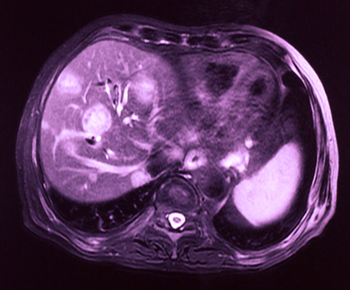
Current use of statins was associated with about a 50% decreased risk for liver cancer, according to results of a study looking at data from the United Kingdom.

Your AI-Trained Oncology Knowledge Connection!


Current use of statins was associated with about a 50% decreased risk for liver cancer, according to results of a study looking at data from the United Kingdom.
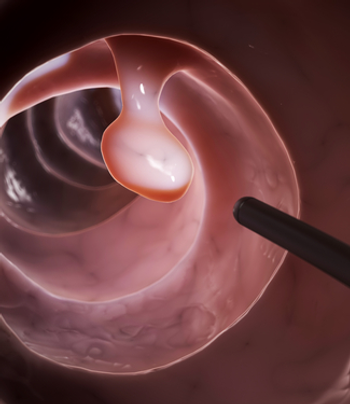
If US colorectal cancer screening is increased to 80% by 2018, a new study predicts a decrease in both cancer incidence and mortality within 20 years.
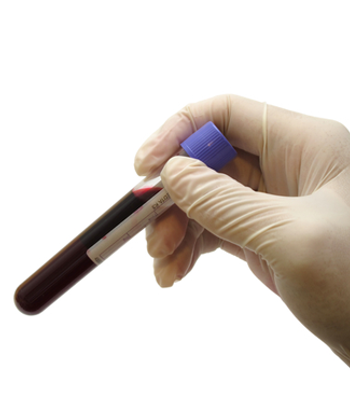
A retrospective analysis found that high expression levels of two angiogenic factors were associated with poor prognosis in esophageal cancer.

Although genomic testing can improve the cost-effectiveness of a treatment, assessing the cost-effectiveness of genomic testing outside the context of its impact on treatment is not practical.

The identification and characterization of gene signatures, driver events, and pharmacogenomics in molecularly homogeneous subsets of patients is likely to advance effective drug development strategies in colorectal cancer.

Numerous genomic tests are available for use in colorectal cancer, with a widely variable evidence base for their effectiveness and cost-effectiveness. In this review, we highlight many of these tests, with a focus on their proposed role, the evidence base to support that role, and the associated costs and risks.
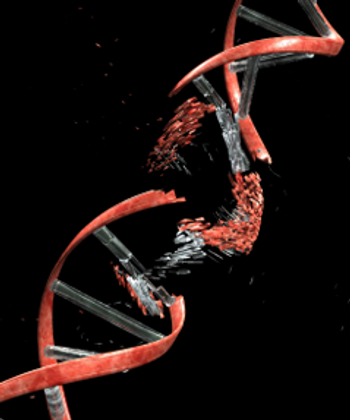
Looking at a large group of early-onset colorectal cancer patients, only 1.3% had TP53 mutations, none of whom met criteria for Li-Fraumeni syndrome.

In a large study, it was found that those who ate a vegetarian diet had a lower risk of colorectal cancer compared with their non-vegetarian counterparts.

Bevacizumab as first-line therapy for metastatic CRC equated to an incremental cost-effectiveness ratio of more than half a million dollars per QALY.

Patients with lung and colorectal cancer who understood that chemotherapy would not cure them were no less likely to receive chemotherapy at the end of life.
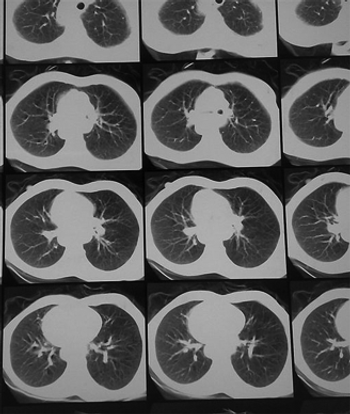
A new study suggests that cancer patients do not often request unnecessary and sometimes costly tests or treatments.

According to a large study, men with a CDH1 gene mutation have a 70% incidence of gastric cancer by the age of 80 years and women have a 56% incidence.

The US Food and Drug Administration has granted orphan drug designation to tarextumab for the treatment of pancreatic cancer and small-cell lung cancer.

Adding cetuximab to FOLFIRI resulted in improvements in survival and objective response in patients with KRAS codon exon 2 wild-type metastatic colorectal cancer.

The TKI famitinib was associated with a significant PFS improvement in metastatic colorectal cancer patients, according to the results of a phase II study.
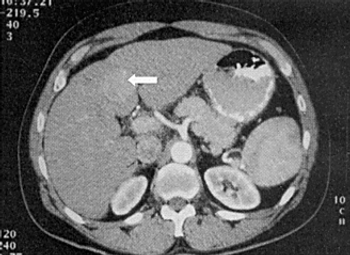
Hepatocellular carcinoma patients with baseline alpha-fetoprotein (AFP) levels greater than 400 ng/mL may derive greater benefit from second-line ramucirumab.
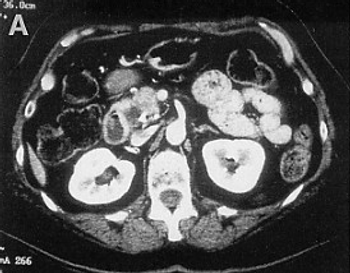
Combining MM-398 with 5-FU/leucovorin chemotherapy in metastatic pancreatic cancer patients resulted in improved survival compared with 5-FU/leucovorin alone.

The addition of ramucirumab to second-line FOLFIRI resulted in a delay in disease progression and improved survival in metastatic colorectal cancer patients.

Newly diagnosed metastatic colorectal cancer patients with higher vitamin D levels had better outcomes after treatment with chemotherapy and a targeted agent.

Rectal cancer patients who completed neoadjuvant therapy with a clinical complete response had similar 4-year survival rates as patients who opted for surgery.

Initial treatment with FOLFOXIRI plus bevacizumab in metastatic colorectal cancer patients improved survival over FOLFIRI and bevacizumab by more than 4 months.
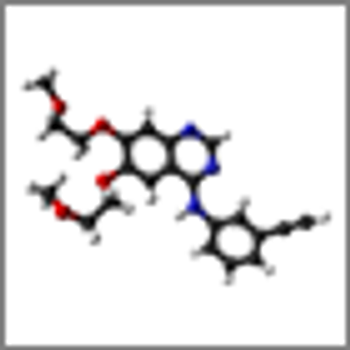
In a phase III trial, erlotinib performed no better than placebo when added to sorafenib in treatment-naive patients with advanced hepatocellular carcinoma.

Adding radiotherapy to adjuvant chemotherapy in the ARTIST trial yielded similar results to chemo alone in patients with D2 lymph node-resected gastric cancer.
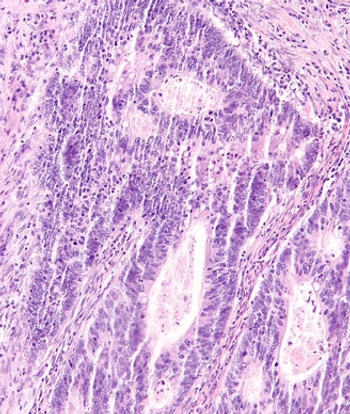
The results of a recent meta-analysis suggest that carriers of the MLH1 or MSH2 mutations associated with Lynch syndrome could delay regular colonoscopies until age 30.

The US Food and Drug Administration approved lanreotide for the treatment of patients with gastroenteropancreatic neuroendocrine tumors.